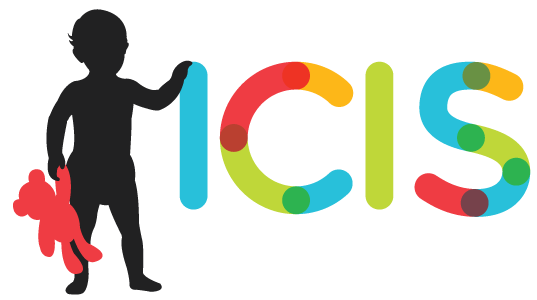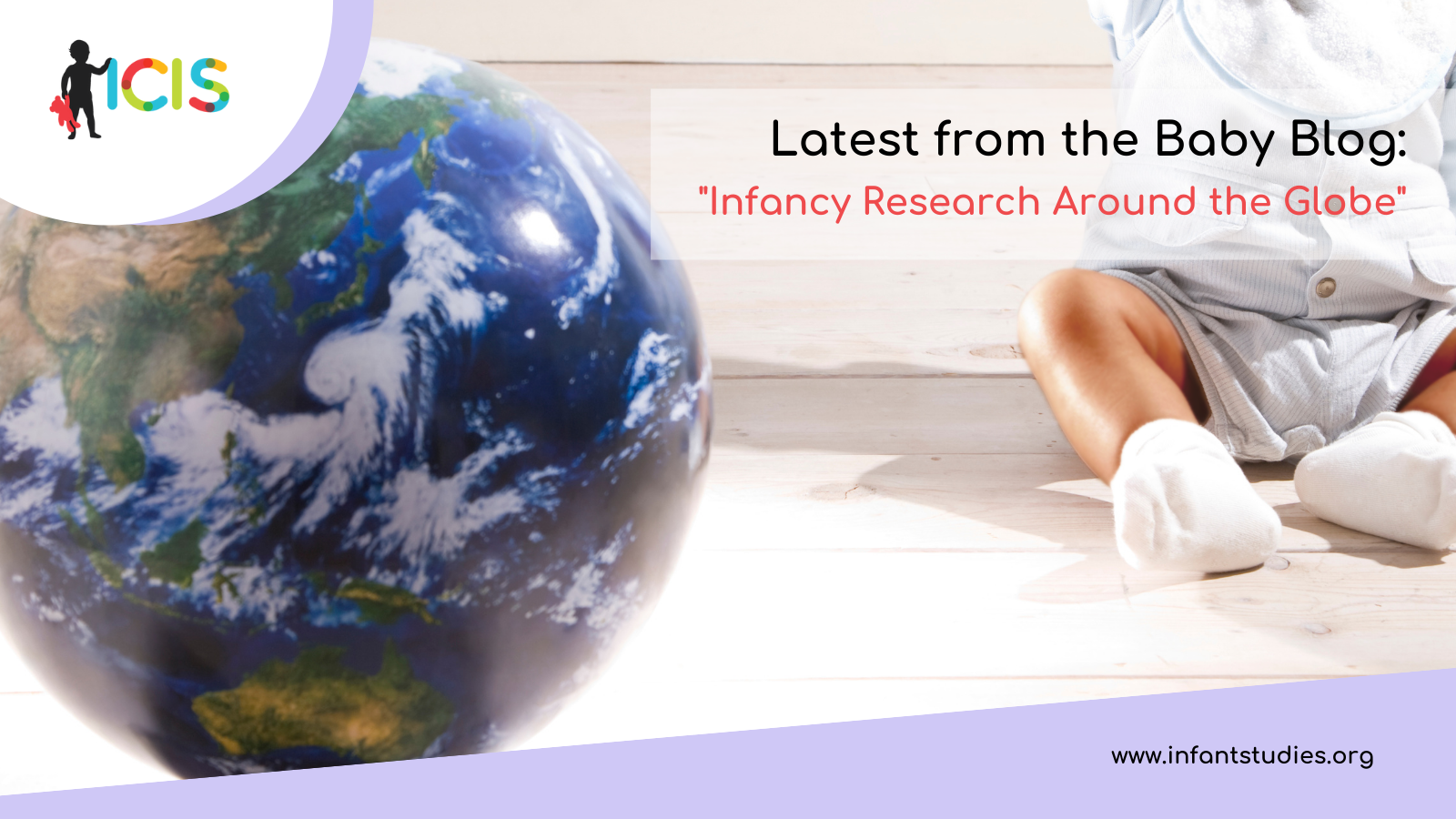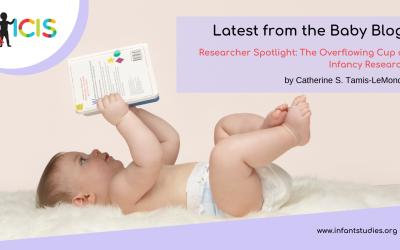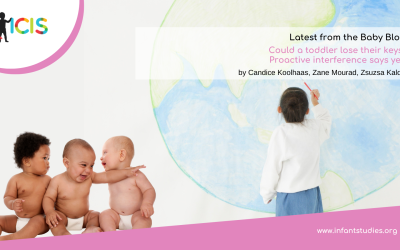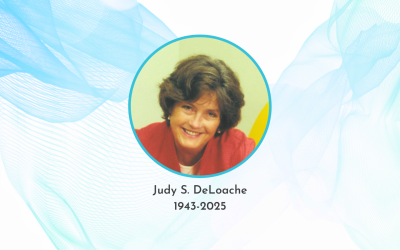Guatemala, a Central American nation of 18 million inhabitants, boasts rich cultural, ethnic, and geographical diversity along with abundant natural and human resources. An estimated 40.19% of the total population is under the age of 18 (6.57 million children; 2018 National Census), and in 2020 it was estimated that the population of young children (aged 0-6) was 2.6 million. Of these, 1.8 million were thought to live in poverty, including 800,000 in extreme poverty (United Way, using official figures from 2014, 2018 and 2020).
Young children and their caregivers in Guatemala face severe impacts from entrenched socioeconomic and political injustice, which have intertwined and emerging consequences. Due to its location in the Dry Corridor of Central America, the country regularly deals with the impacts of climate change, including food insecurity, particularly in its western regions. Guatemala is also prone to tropical storms, droughts, hurricanes, and earthquakes. Additionally, the country has long grappled with violent land conflict (despite recent progress), worsening levels of social conflict, structural racism, and state capture by political, military, and economic elites, which have long maintained their privileges at the expense of Guatemala’s Indigenous peoples. These difficulties, combined with violence, organized crime, the lack of educational and livelihood opportunities, and desires for family reunification drive displacement, internal migration, and migration from mainly the western, predominantly Indigenous regions of the country to the United States. Internal displacement to large cities and migration to the U.S. from underserved rural, majority Indigenous areas is a common survival mechanism that disrupts the family structure and identity of communities. Over 55% of the children who are returned to their home communities from the U.S. or Mexico (10,404 children in 2023) after having migrated are Indigenous, predominantly Mam and K’iche’ children from the western regions, and have experienced violence and significant racism during their journey towards the United States.
Based on data from 2021-2022, Guatemala has scored 50% in the Early Childhood Development Index, or ECDI. This means that just half of children aged 24-59 months are developmentally on track in health, learning, and psychosocial well-being, in line with indicator 4.2.1 of the SDGs. Rates of adequate development differ by population: whereas 57.9% of non-Indigenous children show adequate development, only 45% of Indigenous children do (UNICEF, based on data from the baseline of the National Crusade for Nutrition 2021/2022). Despite the scarcity of specific studies for Guatemala, existing evidence from the Latin American region indicates that displaced young children are at increased risk of survival challenges, particularly in areas with extreme weather and harsh environmental conditions. Their families have limited access to childcare provision, and child protection policies and programs targeting them are not adequately tailored to the needs of younger children and their families (UNICEF, 2023). These factors hinder child development and complicate the delivery of services to children and their families.
Learning on what works to protect young displaced or returned children
The Breakthrough Series Collaborative on Promoting Early Childhood Development for Young Children on the Move in Northern Central America was implemented between September 2023 and August 2024 by the Collaborative on Global Children’s Issues at Georgetown University. The program is an effort to learn from innovative community-based responses to address the early childhood development (ECD) and protection needs of young Guatemalan children in displacement settings, returned children, and at risk of migrating in Guatemala. These organizations, present in Guatemala City and its outskirts, Quetzaltenango (Xela) and Huehuetenango, offer integrated services and advocate for the rights of young children and their families, including those displaced due to gender-based violence, at risk of being displaced, or who face challenges to reintegrate after being returned from the United States or Mexico. This collaborative project is funded by the Bainum Family Foundation’s Global Education Fund (GEF).
But how best to help displaced children? To find out, the Collaborative conducted thirty-one in-person and 11 online interviews with selected international non-governmental organizations (INGOs), donors, community-based organizations, and government agencies with the goal of identifying what is working to support early childhood development (ECD) and violence prevention for displaced Guatemalan families with young children (see this blog post for more details). Based on the findings from the needs assessment, we held two online convenings involving community-based organizations, Guatemalan government representatives, USAID, and Global Fund for Children, in May and June 2024. These convenings aimed to foster an environment of open dialogue, knowledge exchange, and learning for preventing violence against children through integral early childhood development for displaced children and their families.
Preliminary Insights and Findings
A two-week fieldwork in Guatemala, additional online interviews, and two online convenings highlighted the complex and politically sensitive nature of topics such as early childhood development in Guatemala.
As it pertains to the policy context, Guatemala approved its first government’s 10-year Integrated Early Childhood Development cross-sector national plan in 2010, and a window of opportunity currently exists after the approval of a new 20-year early childhood development plan. The newly elected Partido Semilla administration is keen to advance social policy areas related to early childhood. Additionally, the country recently approved its first-ever migration policy. This policy establishes the child’s best interest as a cross-cutting, overarching principle and identifies girls, boys, and adolescents—especially those who are unaccompanied or separated—, family units on the move with children, and pregnant and lactating women as priority groups in policy and support services. Additionally, it assigns specific objectives and government entities responsible for ensuring their rights.
All the organizations visited during the fieldwork strive to employ a “whole family” or “two-generation” approach. In this, early childhood development and violence prevention is integrated with livelihoods, local development, psycho-social support, and poverty alleviation programs for their caregivers who are often women and adolescent heads of households. Supporting adolescent-headed households is particularly significant in Guatemala as in 2023 nearly 70,000 children aged 10 to 17 were married or in unions, and over 62,000 girls and women aged 10 to 19 registered births.
During the online convenings, it was universally acknowledged among the speakers that all interventions should be guided by principles of meaningful child participation, gender equity, and an anti-patriarchal stance to tackle systemic gender inequalities and injustices that affect children and their carers. A two-generation approach was emphasized, recognizing the critical roles of youth and women as caregivers and the need to engage with the entire community to incorporate Indigenous and local knowledge. To achieve this, the community-based organizations interviewed require direct and flexible funding, technical cooperation and/or capacity-building for institutional development, and connections with donors in the Global North to systematize and publish their proven methodologies, including versions in Indigenous languages.
Community-based organizations, given their close interaction with community needs, were identified as crucial for informing project programming. Organizations emphasized in particular that evaluations and needs assessments should be locally driven. On funding, there was agreement on the necessity for flexible, multi-year financial support to foster systemic and sustainable changes, with pooled funds and collaborative donor efforts seen as effective strategies for achieving such funding frameworks. This aligns with the aim to move away from prescriptive international agendas towards support that truly reflects the needs of young children and their families (for more details, visit the Reconstructing Children’s Rights Institute). Community-led programs can ensure children and their caregivers benefit from localized and culturally tailored approaches that value Indigenous expertise and prioritize genuine community involvement and knowledge. When properly supported by donors through direct long-term, flexible grants, community-based organizations can ensure the contextual relevance, continuity, and sustainability of programs.
About the Author

Mara Tissera Luna
Collaborative on Global Children's Issues
Mara Tissera Luna, Program Manager, Collaborative on Global Children’s Issues. Mara is a research practitioner specializing in displacement and protection in Latin America. The Collaborative on Global Children’s Issues at Georgetown University brings together practitioners, policymakers, researchers, and other stakeholders to reflect on and find solutions to pressing questions related to global children’s issues, including child protection and early childhood development for children on the move in the Americas. In November this year, the Collaborative will publish a “Situational Analysis on ECD and CP in Guatemala”, including contextual information on how socioeconomic and gender disparities affect childhood experiences in Guatemala.
